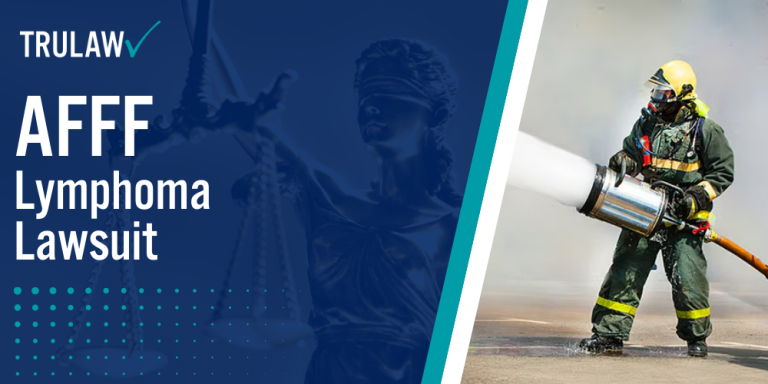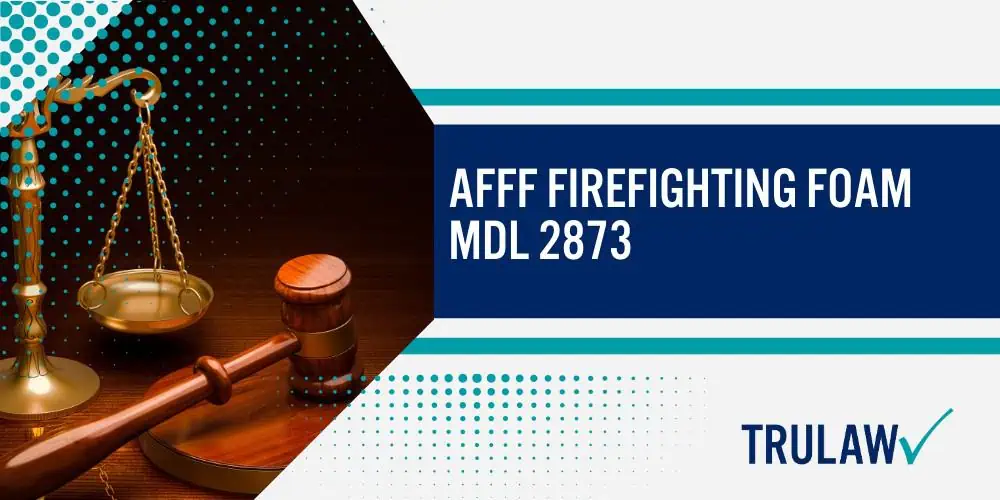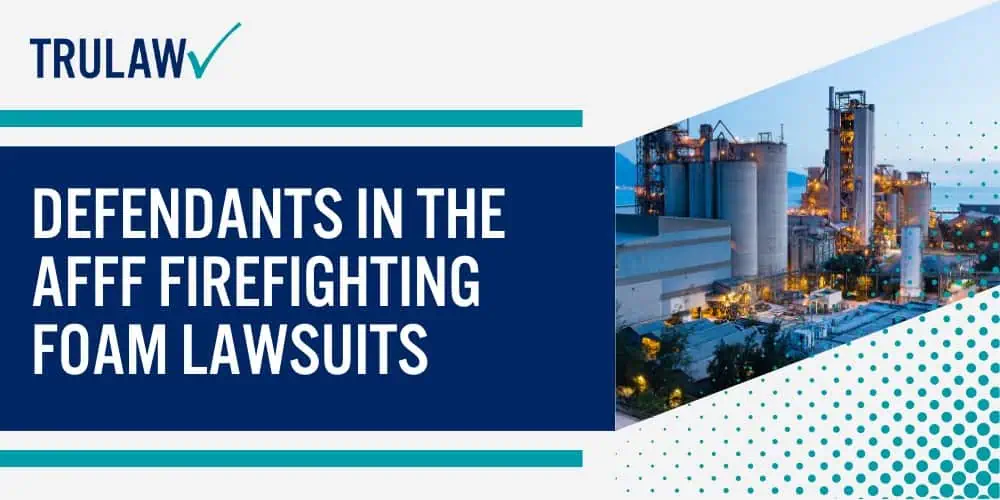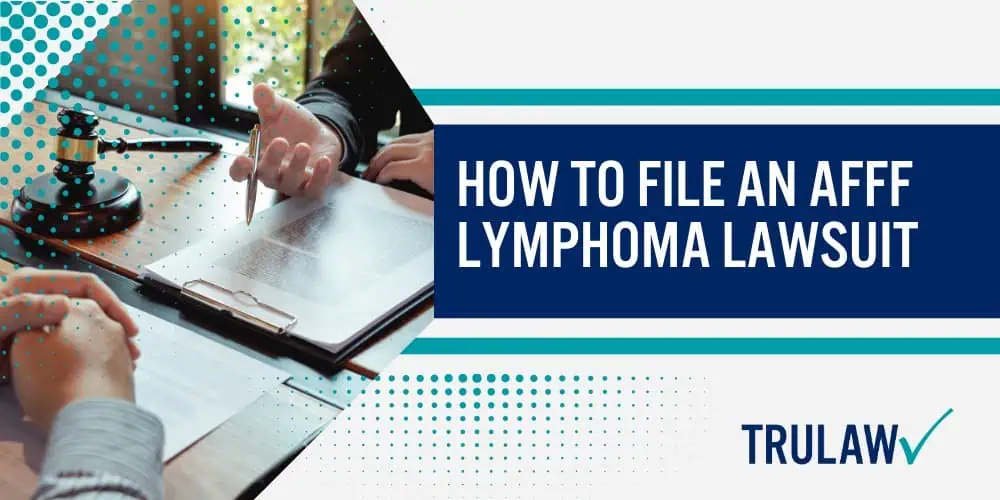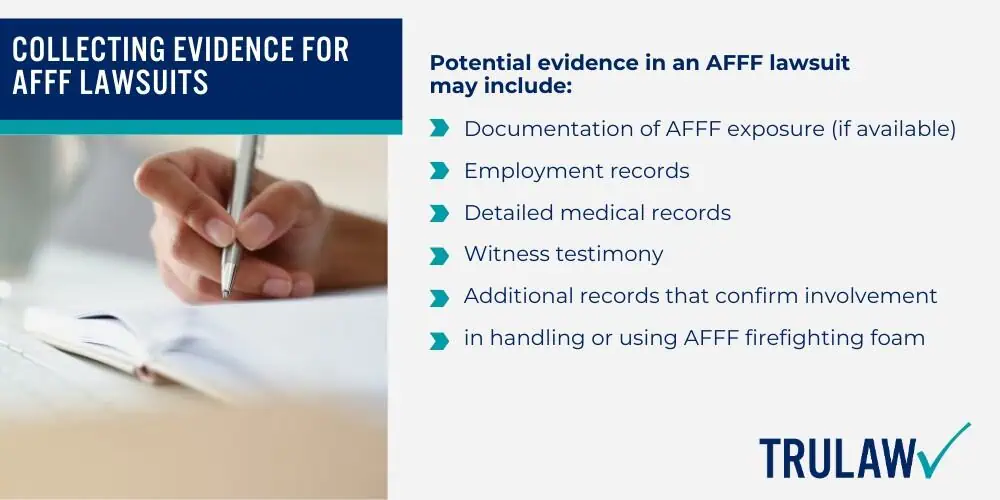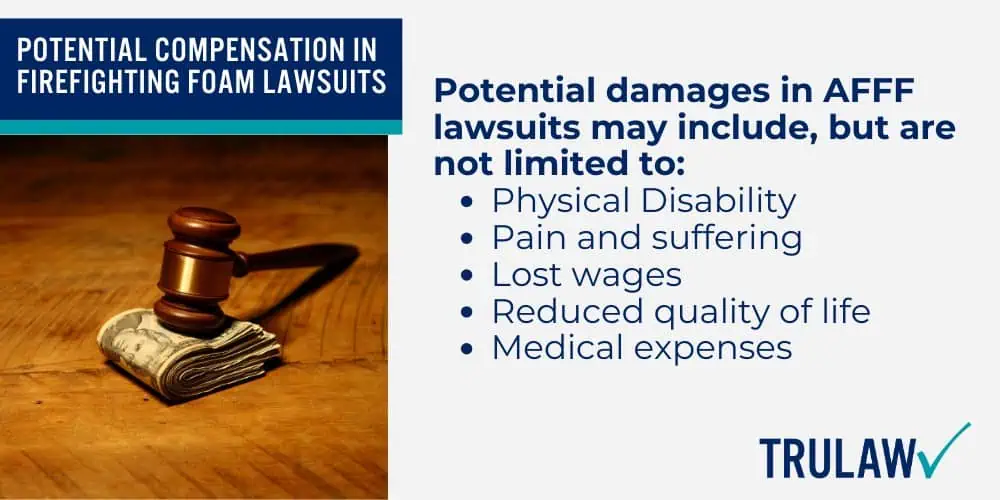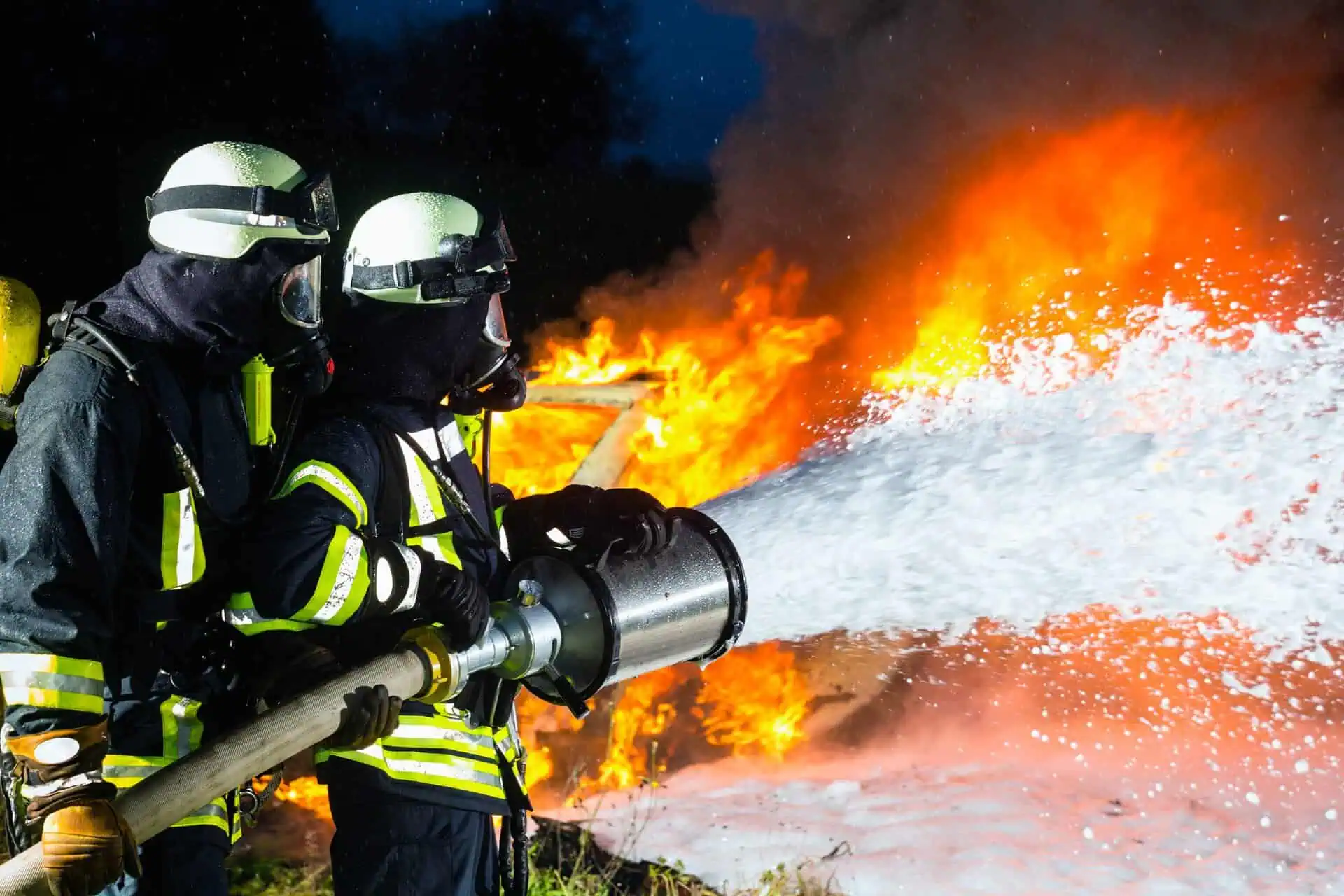Research has found that individuals exposed to AFFF face an increased risk of developing lymphoma.
A study published in the journal Environmental Health Perspectives identified a higher incidence of lymphoma, prostate cancer, and other cancers following exposure to PFAS chemicals, a key component of AFFF foam.
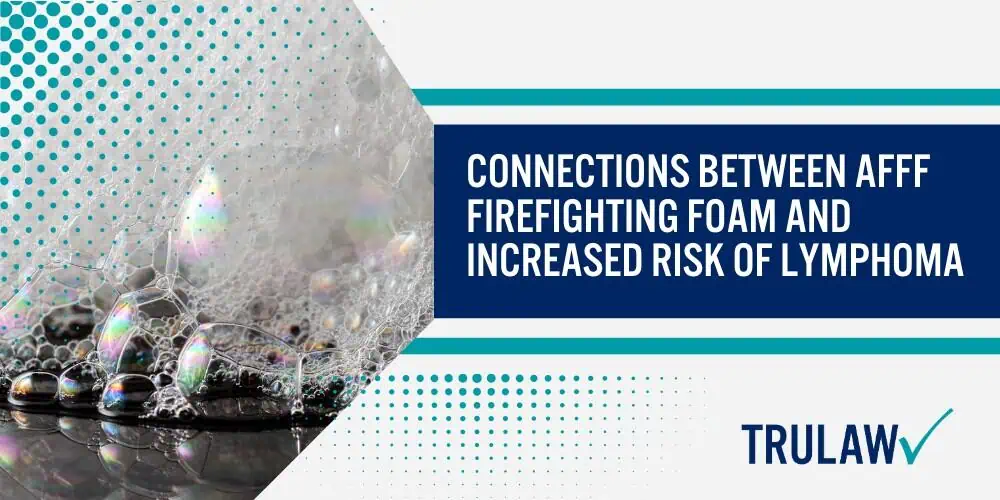
The study focused on residents of a New Hampshire town who had been exposed to PFAS through contaminated water, revealing a troubling link between exposure and cancer diagnoses.
PFAS Chemicals in Firefighting Foam and Their Impact on Human Health
Chemical manufacturers and the U.S. Navy were aware of the toxic effects of PFAS for decades.
Despite early warnings, AFFF firefighting foam continued to be used until more recent efforts to phase it out.
In response to rising concerns, the Environmental Protection Agency urged the U.S. Department of Defense to issue an official warning regarding the health risks and environmental contamination associated with AFFF.
Workers in industries such as firefighting, military service, and chemical manufacturing are particularly vulnerable to these risks.
Key studies on the health impacts of PFAS include:
- University of California, Berkeley: Found that women firefighters exposed to AFFF had higher levels of PFAS chemicals compared to office workers.
- Journal of the American Medical Association: Found an association between PFOA exposure and increased risks of kidney cancer, testicular cancer, and ulcerative colitis.
- U.S. Environmental Protection Agency (EPA): Issued a health advisory cautioning against long-term exposure to PFOA and PFOS chemicals.
- International Journal of Cancer: Published research linking PFOS exposure to a higher likelihood of breast cancer.
- International Agency for Research on Cancer (IARC): Classified PFOA and PFOS as possibly carcinogenic to humans.
- National Research Centre for Environmental Toxicology (Australia): Found elevated levels of fluorinated surfactants in firefighters’ bloodstreams.
Additional Health Risks Associated with AFFF Exposure
As highlighted earlier, exposure to AFFF has been linked to an increased risk of cancer and other severe health issues.
Cancers associated with PFAS exposure include:
- Liver cancer
- Bladder cancer
- Breast cancer
- Rectal cancer
- Thyroid cancer
- Testicular cancer
- Colon cancer
- Kidney cancer
- Pancreatic cancer
- Prostate cancer
Other health issues related to PFAS exposure include:
- Changes in liver enzymes
- Decreased vaccine response in children
- Small decreases in infant birth weights
- Increased cholesterol levels
- Increased risk of high blood pressure or pre-eclampsia in pregnant women
